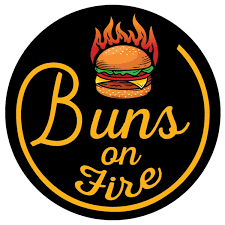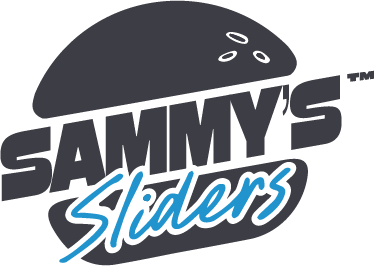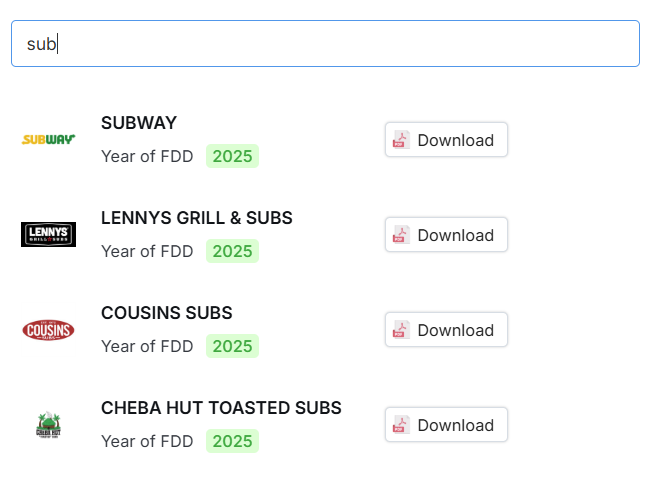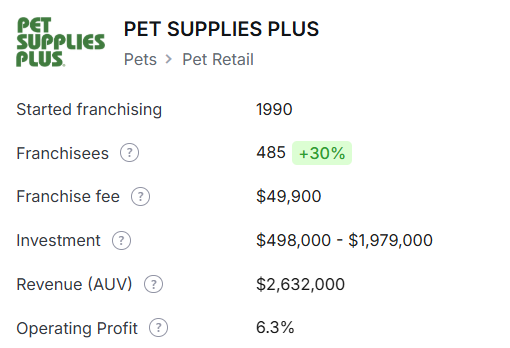

KEY FRANCHISE STATS
?
?
?
?
$0
Burger Village was founded in 2013 by four brothers—Sam, Nick, Vick, and Ravi Yadav—in Great Neck, New York. Headquartered in Brooklyn, NY, the brand emerged with a mission to provide a healthier, eco-conscious alternative to traditional fast food.
The franchise is best known for its wide range of organic and exotic meats, including bison, elk, boar, lamb, ostrich, and salmon—sourced from local farms that emphasize humane and natural rearing practices.
It also offers an inclusive menu with vegan, vegetarian, and gluten-free options, ensuring there's something for everyone. Complementing its organic burgers are handcrafted shakes and locally sourced craft beers, which further enhance the all-natural dining experience.
Burger Village began franchising in 2019, offering entrepreneurs an opportunity to join a brand rooted in quality and environmental values. With its distinctive menu offerings, commitment to eco-friendly practices, and inclusive approach to dining, Burger Village stands out in the competitive “better burger” market.
Here's what you would need to invest if you were to start this franchise. These costs are provided by the franchisor in the Franchise Disclosure Document.
Create a free account to access this table and more.
For more information see our plans here.
Burger Village offers 2 types of franchises:
We are summarizing below the main costs associated with opening a full-service Burger Exotic Village and or Burger Village Restaurant franchise.
For more information on the various types of franchises and its costs, refer to the Franchise Disclosure Document (Item 7).
Upgrade to Pro to access and download this FDD.
For more information, see our plans here.
Burger Village provides a comprehensive training program for franchisees to ensure operational consistency and success. The training includes the following key components:
Burger Village does not offer exclusive territory protection to its franchisees. While a Designated Territory may be assigned—typically encompassing a population of at least 100,000 adults—this territory is not exclusive.
The franchisor explicitly states that franchisees may face competition from other Burger Village locations, company-owned outlets, or other brands and distribution methods under its control.
Moreover, Burger Village reserves the right to operate or franchise restaurants in “Non-Traditional Sites” even within a franchisee’s Designated Territory. These sites include places like airports, military bases, sports arenas, and schools, and franchisees have no rights to these areas.
Below are some of
Burger Village
key competitors in the
Burger
sector.

2
$40,000
$484,000
$802,000
n.a.
$0
$xxx,xxx
n.a.
n.a.
n.a.
n.a.

Buns on Fire is a fast-casual concept offering burgers, sandwiches, and comfort sides, serving quick-service diners and late-night guests, and known for indulgent stacked burgers, playful branding, and convenient counter-service or food-truck style operations.
?
?

Sammy's Sliders is a fast-casual restaurant brand offering gourmet sliders, fries, and shakes, serving burger lovers seeking smaller portions and variety, and known for customizable mini-sandwich combinations, playful branding, and efficient service suited to urban and neighborhood locations.
?
?

Home Frite is a fast-casual franchise offering gourmet fries, burgers, chicken sandwiches and milkshakes, serving urban diners and comfort-food lovers, and known for hand-cut potatoes, signature sauces, and scalable franchise model.
?
?

iniBurger is a burger-restaurant franchise offering gourmet burgers, shakes, and innovative sides, serving millennials and casual diners, and known for bold menu items, modern branding and strong franchisee support.
?
?

Harlem Shake is a burger-and-shake chain franchise offering premium burgers, fries, shakes and craft menu items, serving families and casual diners, and known for nostalgic branding, community vibe, and scalable restaurant prototype.
?
?

Good Stuff Eatery is a fast-casual burger franchise offering handcrafted burgers, crispy fries and shakes, serving casual diners and burger-lovers, and known for chef-driven quality, fun branding and a mission to bring “goodness everywhere”.
?
?
?

?

?
?
?
?
?
?
?
?
?